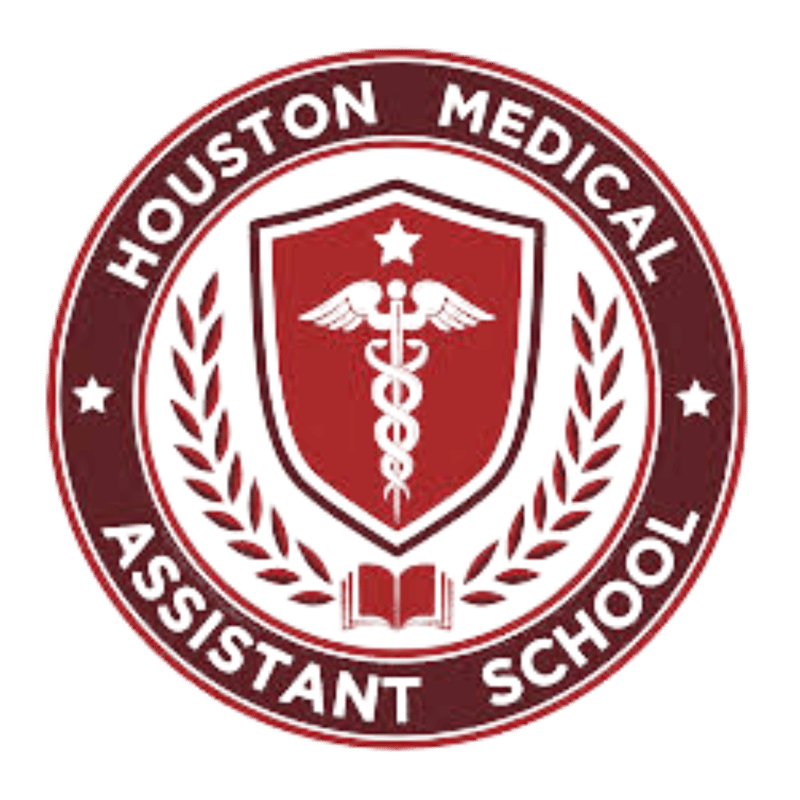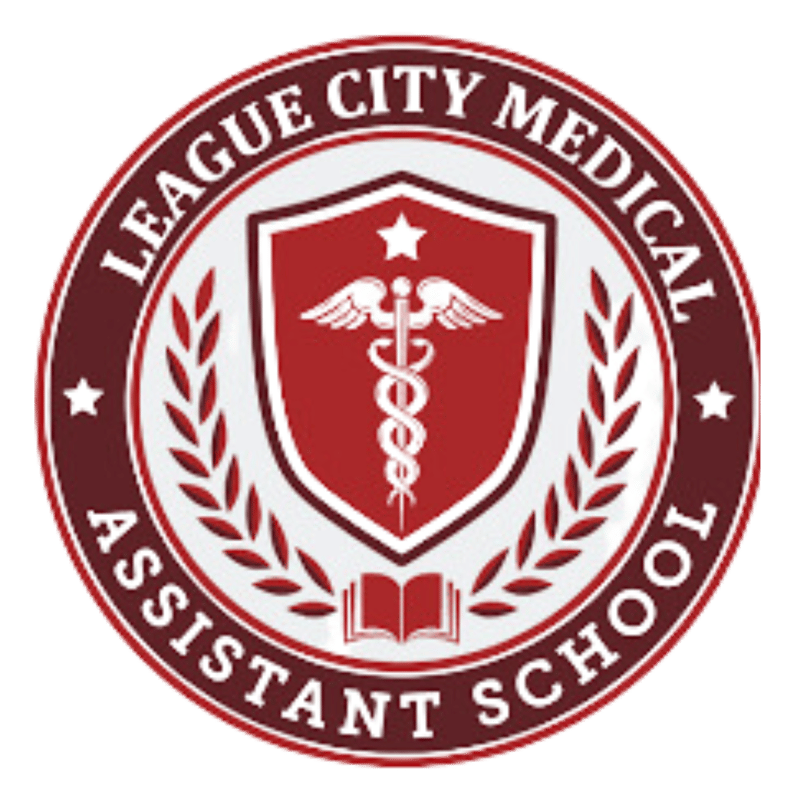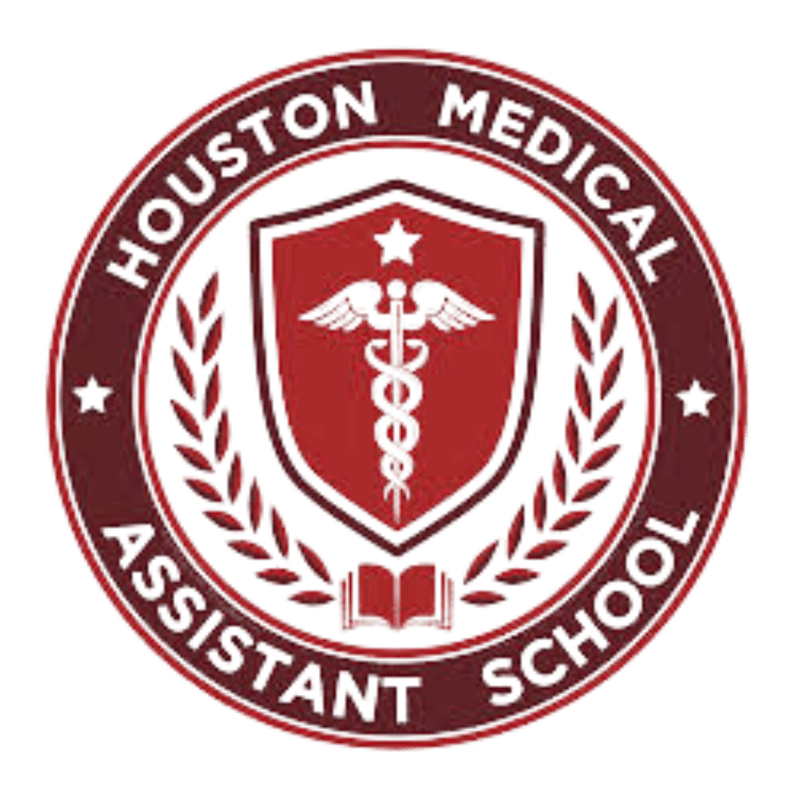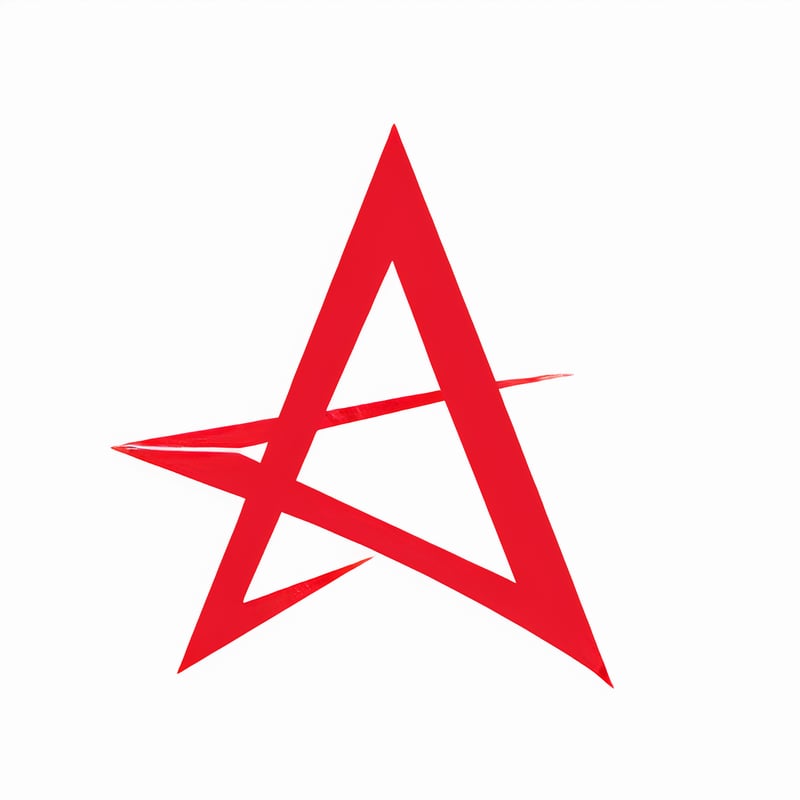
Financial aid (may be available)

Financial aid (may be available)

Financial aid (may be available)

$950 to start
$4,490 total

$950 to start
$4,490 total

$950 to start
$4,490 total

Financial aid (may be available)
No cost info
$23,297 total
$4,299 total
$16 total
$600 total
$1,597 total
$649 total
No cost info
$1,597 total
$1,949 total
If you're interested in a career in nutrition and want to pursue a vocational training program, you're in luck! Houston offers a variety of applied nutrition classes that can help you gain the knowledge and skills necessary to succeed in this field. In this blog post, we'll explore what applied nutrition is, the training requirements, what to look for in a class, what to expect from the day-to-day class, the certification process, how to find related jobs, and other classes you can take after becoming an applied nutrition specialist. Whether you're a Houston resident or looking to move to the area, this guide will help you navigate your options and find the perfect class for you.
Applied nutrition is a field that focuses on using food and nutrition to promote health and prevent disease. Applied nutrition specialists work with individuals, communities, and organizations to develop and implement nutrition programs, educate clients about healthy eating habits, and provide personalized dietary advice. By completing a vocational training program in applied nutrition, you can gain the knowledge and skills necessary to work in a variety of settings, such as hospitals, clinics, schools, and private practices.

To become an applied nutrition specialist, you typically need to complete a vocational training program that focuses on nutrition and dietetics. These programs can vary in length and curriculum, but they generally cover topics such as:
In addition to classroom instruction, many applied nutrition programs also include hands-on training and practical experience. This can involve working in mock kitchen settings, conducting nutritional assessments, and developing personalized meal plans for clients. Some programs also require students to complete an internship or externship in a real-world setting to gain practical experience.
When looking for applied nutrition classes in Houston, there are a few key factors to consider:
Accreditation: Make sure the program you choose is accredited by a recognized accrediting body. This ensures that the program meets certain standards of quality and will provide you with a well-rounded education.
Curriculum: Review the curriculum of the program to ensure it covers all the necessary topics and skills you need to become an applied nutrition specialist. Look for programs that offer a balance of classroom instruction, hands-on training, and practical experience.
Faculty: Research the qualifications and experience of the faculty members who will be teaching the classes. Look for instructors who have real-world experience in the field of applied nutrition and are passionate about teaching.
Facilities: Visit the campus or research the facilities where the classes will be held. Look for well-equipped kitchens and classrooms that will provide you with a hands-on learning experience.
Applied nutrition classes typically involve a combination of classroom instruction, hands-on training, and practical experience. Here's what you can expect from the day-to-day class:
Classroom Instruction: You'll attend lectures and participate in discussions to learn the science and principles of nutrition. This may include topics such as macronutrients, micronutrients, digestion, absorption, and metabolism.
Hands-on Training: You'll have the opportunity to apply your knowledge in practical settings, such as mock kitchen environments. This could involve meal planning, food preparation, and recipe development.
Practical Experience: Many applied nutrition programs require students to complete an internship or externship in a real-world setting. This allows you to gain practical experience and apply what you've learned in a professional environment.
Group Projects: You may also work on group projects with your classmates, which can help you develop teamwork and collaboration skills.
After completing a vocational training program in applied nutrition, you may choose to pursue certification to enhance your credentials and marketability. While certification is not always required to work as an applied nutrition specialist, it can demonstrate your expertise and dedication to the field. The specific certification requirements can vary, but typically involve:
Once you've completed your vocational training in applied nutrition, you'll be ready to start your career. Here are some tips on how to find related jobs in the field:
Networking: Reach out to professionals in the nutrition field, join industry organizations, and attend networking events to make connections and learn about job opportunities.
Online Job Boards: Utilize online job boards to search for applied nutrition positions in your area. Be sure to tailor your resume and cover letter to highlight your relevant skills and education.
Career Services: Contact the career services department at your vocational training program for assistance with job placement and resources.
Once you've become an applied nutrition specialist, you may choose to further expand your skill set by taking additional classes. Here are some other classes you may consider:
Sports Nutrition: Learn how to develop nutrition plans for athletes and individuals engaging in physical activity.
Pediatric Nutrition: Focus on the nutritional needs of infants, children, and adolescents.
Geriatric Nutrition: Explore the unique nutritional needs of older adults and how to promote healthy aging.
Clinical Nutrition: Dive deeper into medical nutrition therapy and learn how to develop specialized meal plans for individuals with specific medical conditions.
Community Nutrition: Gain the skills to develop and implement nutrition programs for communities and organizations.
If you're interested in a career in nutrition, pursuing a vocational training program in applied nutrition can be a great first step. Houston offers a variety of classes that can provide you with the knowledge and skills necessary to succeed in this field. Remember to consider factors such as accreditation, curriculum, faculty, and facilities when choosing a program. After completing your training, you'll be ready to start your career as an applied nutrition specialist and make a positive impact on people's health and well-being.
Dreambound has a bunch of guides about starting in this field, with specific ones for different cities. If you're not in this city or are thinking about moving, check out some other guides below:
Contemplating a change in your career path? Dreambound has written many comprehensive guides to aid you in making well-informed decisions.
Dreambound's platform allows prospective students to find the right educational program for them through searching, filtering, and connecting with our extensive selection of career & technical education partners.
Dreambound has over 70 programs across healthcare, technology, business, and industrial trades. This includes programs such as Medical Billing, Cybersecurity, and welding.
Some of our schools offer financial aid for those who qualify. Many others offer payment plans, where you can pay the cost of class over time.
Yes, Dreambound offers many online programs. On Dreambound's search, you can filter by online, in-person, and hybrid (part online, part in-person).
Dreambound is completely free for you to use! We are supported by schools and organizations who pay to advertise on our website, so we can offer all of our career resources for free.